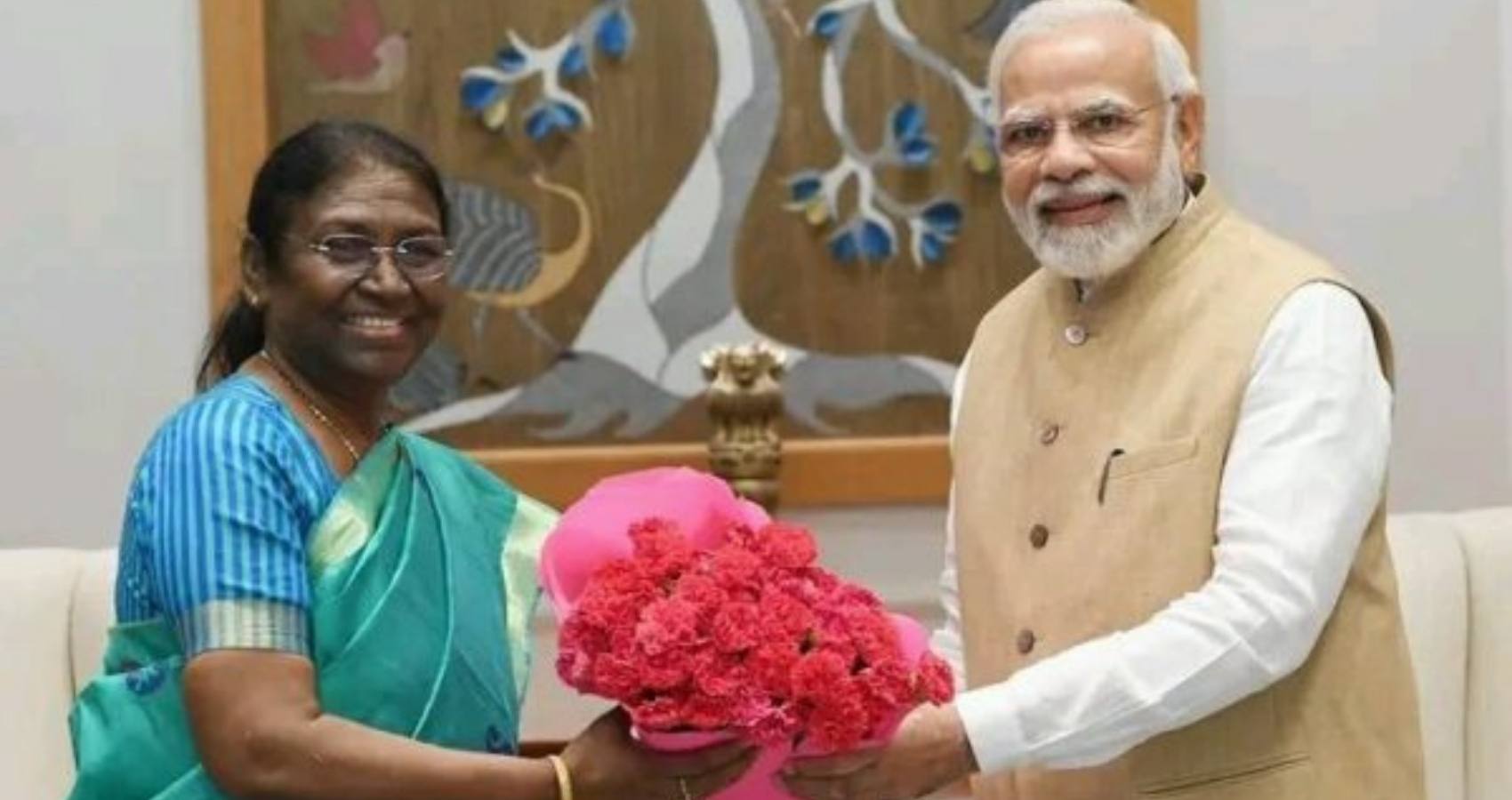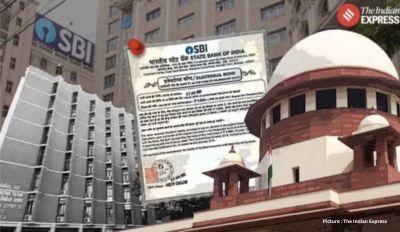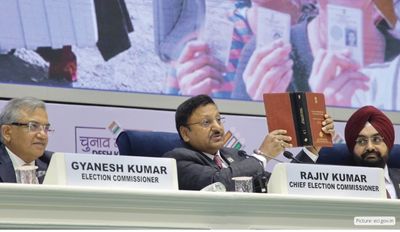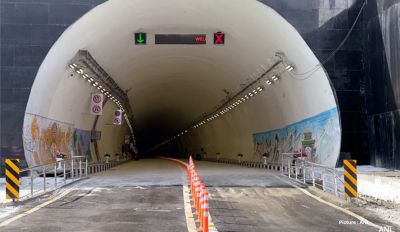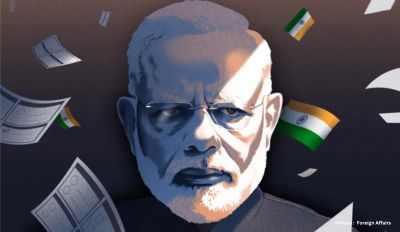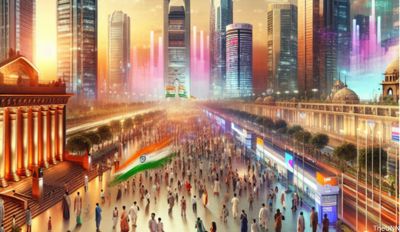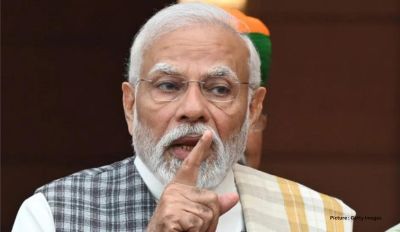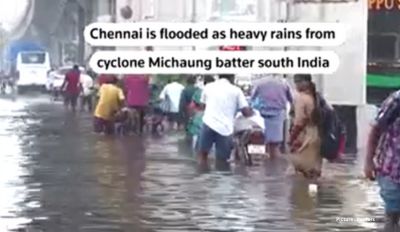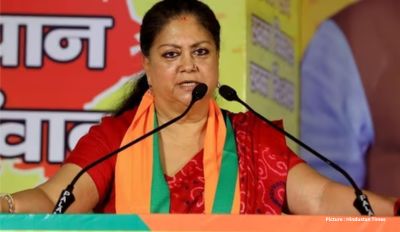India held Presidential Elections on July 18th, 2022 with 99.18 percent voter turnout from the eligible voters to elect a new ceremonial head of the largest democracy in the world. The ruling coalition led by Shri Narendra Modi supported NDA candidate Droupadi Murmu has a clear edge over the Opposition nominee Yashwant Sinha as over 60 per cent votes are expected to be cast in her favor. With NDA Presidential candidate Droupadi Murmu set for a near-certain win, she will be the 15th President of the Republic of India.
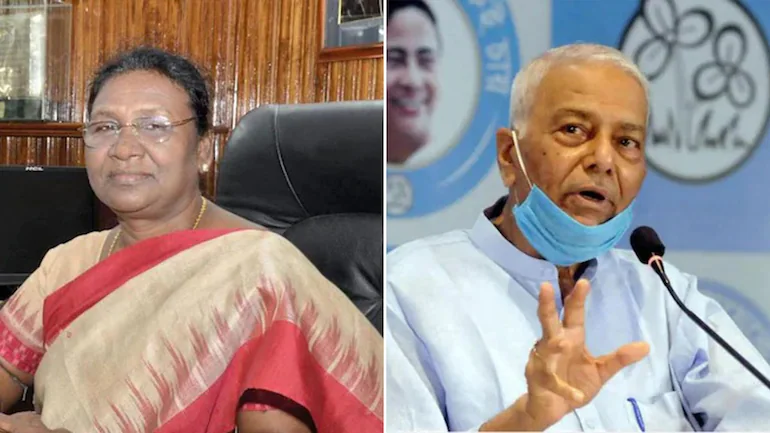 As per media reports, over 99 per cent of the total 4,796 electors cast their votes in the presidential poll held at the Parliament House and the state legislative assemblies. As many as 10 states and the Union Territory of Puducherry recorded a 100 per cent turnout.
As per media reports, over 99 per cent of the total 4,796 electors cast their votes in the presidential poll held at the Parliament House and the state legislative assemblies. As many as 10 states and the Union Territory of Puducherry recorded a 100 per cent turnout.
Secretary General of Rajya Sabha PC Mody on Monday informed that out of the 736 electors comprising 727 MPs and 9 Legislative Assembly members, who were permitted by ECI to vote, 730 electors comprising 721 MPs & 9 Legislative Assembly members cast their votes. He also said that elector turnout was at 99.18%.
National Democratic Alliance (NDA) candidate Droupadi Murmu has a clear edge over Sinha as over 60 per cent of votes are expected to be polled in her favor. She has the support of BJD, YSRCP, BSP, AIADMK, TDP, JD(S), Shiromani Akali Dal, Shiv Sena and JMM. If elected, she will become the first woman from the tribal community to hold the country’s top constitutional post.
Prime Minister Narendra Modi, former prime minister Manmohan Singh, chief ministers from across the country, and other MPs and MLAs cast their votes on Monday morning. In all, around 4,800 MPs and MLAs have cast their votes to elect the 15th President of India. The counting of votes will take place on July 21 while the next President will take oath on July 25.
Appealing to lawmakers for support, Opposition nominee Yashwant Sinha stated, “I have repeatedly said that this election is very important as it will decide the direction as to whether democracy will remain in India or will slowly end.”
BJP MP and film actor Sunny Deol and Union Minister Sanjay Dhotre were among those who missed casting their votes in the presidential poll. While Deol is abroad for medical treatment, Dhotre is in the ICU. Two MPs each from BJP and Shiv Sena, and one each from the BSP, Congress, SP and AIMIM were among those who did not cast their votes during the election, media reports stated.
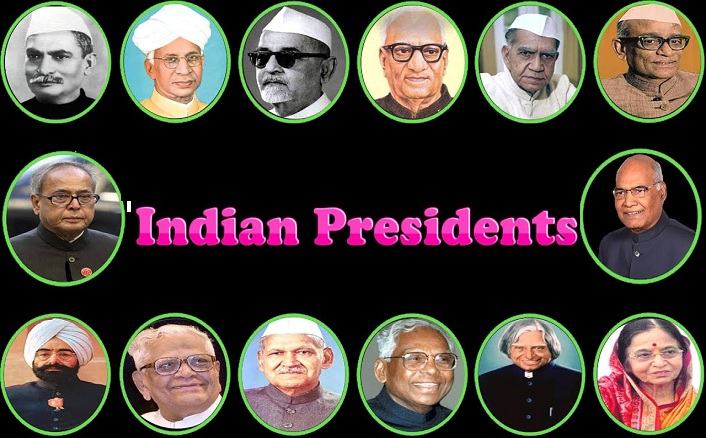 BSP leader Atul Singh who is in jail could not vote. Shiv Sena leaders, Gajanan Kirtikar and Hemant Godse, also did not vote. AIMIM leader Imtiyaz Jaleel also was among the eight who did not vote. Senior leaders like Union Minister Nirmala Sitharaman came in a PPE, while former PM Manmohan Singh and SP patriarch Mulayam Singh Yadav came in wheelchairs to cast their votes.
BSP leader Atul Singh who is in jail could not vote. Shiv Sena leaders, Gajanan Kirtikar and Hemant Godse, also did not vote. AIMIM leader Imtiyaz Jaleel also was among the eight who did not vote. Senior leaders like Union Minister Nirmala Sitharaman came in a PPE, while former PM Manmohan Singh and SP patriarch Mulayam Singh Yadav came in wheelchairs to cast their votes.
Droupadi Murmu, a tribal leader from Odisha’s Mayurbhanj district to trace her journey, is said to be the first girl in her village to go to college to now being possibly India’s first tribal president. Murmu is a former Governor of Jharkhand and a former Odisha minister. If elected, she will be the first tribal President of India and the country’s second female President.
The current President, Ram Nath Kovind, who was elected the 14th President in 2017, will remain President till July 24th 2022. As the country will get a new President on July 25th, here is a list of the previous Presidents, who occupied the Presidential Palace, Raisina Hill at the heart of India’s capital, New Delhi.
Rajendra Prasad (1950 – 1962): Rajendra Prasad was the first President of Independent India and stayed in office for the longest term of around 12 years. Post the completion of his tenure, he quit the Congress and set up new guidelines for parliamentarians which are still followed. Prasad played a major role in forming the Bihari Students Conference in 1906 and served as the president of the Constituent Assembly that drafted the Constitution of India.
Sarvepalli Radhakrishnan (1962 – 1967): September 5, the birthday of Radhakrishnan, one of the most learned scholars and statesmen of the nation, is celebrated as ‘Teacher’s Day’ in India. He was one of the first to receive the Bharat Ratna, in 1954, and was also the first to lead the line of five Presidents to receive the Bharat Ratna till now. Shortly before his death in 1975, he was honoured with the Templeton Prize for his work.
Dr. Zakir Hussain (1967 – 1969): Dr. Hussain was the country’s first Muslim president, who occupied the office for the shortest period. His untimely death two years after being elected made VV Giri the first acting president of India.
Varahagiri Venkata Giri (1969-1974): Giri resigned two months after being appointed as the acting President of India, following the death of Dr. Zakir Hussaian as he wanted to become an elected President. He was later elected as the fourth President of India in 1969.
Fakhruddin Ali Ahmed (1974 – 1977): Ahmed served as the President of India during the time of Emergency. He was the second Muslim to be elected as the President of India and also the second to die in state.
Neelam Sanjiva Reddy (1977 – 1982): Reddy was the sixth President of India and the first to be elected unopposed and the youngest to occupy Rashtrapati Bhavan.
Giani Zail Singh (1982 – 1987): The only Sikh President of India till now, Singh also served as the Chief Minister of Punjab.
Ramaswamy Venkataraman (1987 – 1992): As a President of India, Venkataraman had the distinction of working with four Prime Ministers. Before being elected as the President, Venkataraman served a stint as the Governor of the International Monetary Fund, the International Bank for Reconstruction and Development, and the Asian Development Bank.
Shankar Dayal Sharma (1992 – 1997): Shankar Dayal Sharma served as the eighth Vice-President of India and was the Chief Minister of Madhya Pradesh state.
Kocheril Raman Narayanan (1997 – 2002): Popularly known as KR Narayanan, he was the first Dalit-origin President of India. Narayanan, who formerly served as a diplomat, served as India’s ambassador to China and the United States.
APJ Abdul Kalam (2002 – 2007): Known for his role in the development of India’s ballistic missile and nuclear weapons programs, APJ Abdul Kalam was the first scientist to become a President in 2002.
Pratibha Patil (2007 – 2012): Pratibha Patil was the first woman to become the President of India.
Pranab Mukherjee (2012 – 2017): Pranab Mukherjee served as the 13th President of India. Before entering into politics, Mukherjee worked as a lecturer and journalist. Mukherjee is the only President who served all the major portfolios as the Centre – Foreign, Defense, Commerce and Finance – at different times in his political career.

